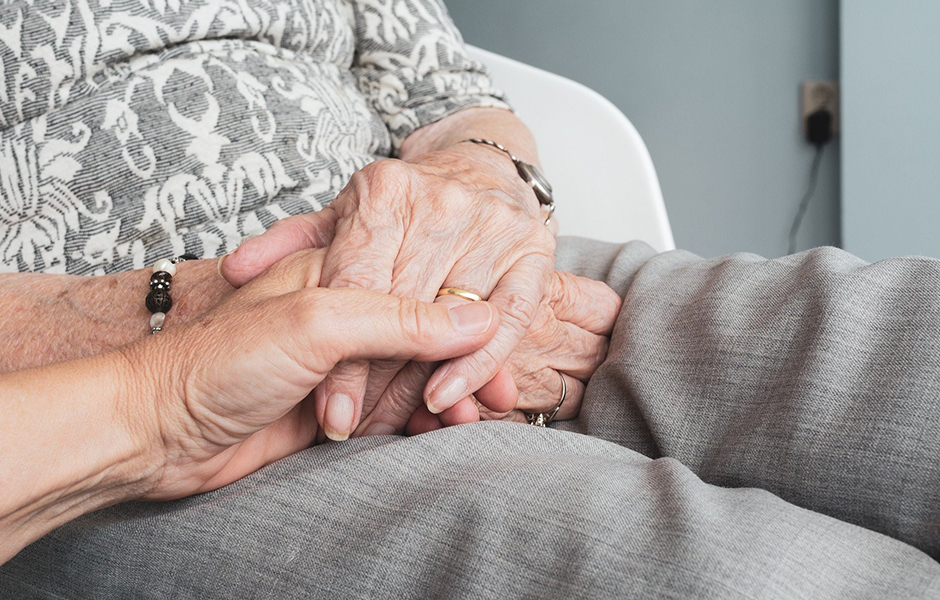A group of researchers from CINTESIS – Center for Health Technology and Services Research is evaluating the impact of COVID-19 on the care provided to the elderly in residential facilities (ERPI), senior residences and nursing homes in Portugal.
The team is listening to professionals who have worked in this type of institution for more than six months, namely doctors, nurses, psychologists, physical therapists, speech therapists, occupational therapists, animators, assistants or operational assistants, and technical directors, among others.
The goal is to understand what has changed in the provision of care to the elderly during the pandemic and how residential organizations for the elderly have managed to respond to the needs of their users.
“The current pandemic situation has the potential to cause profound changes in the quality of gerontological care. We aim to describe the impact of the pandemic on the professionals’ perception of the care provided”, explain Maria Miguel Barbosa and Rosa Marina Afonso, from CINTESIS and the University of Beira Interior (UBI).
Additionally, they say, “we want to understand how current experiences and practices can be leveraged in order to promote a set of solutions that can be applied during the pandemic period”.
Vulnerabilities may exacerbate with the pandemic
The participants will have to answer an online survey. The survey evaluates aspects such as the profile of professionals working in the field, the characteristics of the institutions, and the care provided in this phase, compared to the pre-pandemic period.
The objective is to know, specifically, if there was a change in the dynamics of the care provided, if such care tended toward assistentialism, if there was an impact of the centralization of care for the elderly and if there were changes in the respect for their rights (such as the right to self-determination).
“Our motivation is mainly based on the commitment and investment in providing dignified and quality care to the elderly, a group that tends to have characteristics of vulnerability, significantly exacerbated by the pandemic,” they explain.
The researchers are apprehensive. “This is an unsettling context. We worry about the residents of gerontological organizations and the professionals working in these units, in a situation that has been extremely demanding and alarming. We believe that as researchers we have the responsibility of adapting ourselves to the present and our mission is to describe and respond to the new and real needs in the field of Gerontology”, they affirm.
Data collection should be done by the end of July and the preliminary results may be known in September. A webinar for professionals is also planned.
Besides Maria Miguel Barbosa (CINTESIS/Abel Salazar Institute of Biomedical Sciences of the University of Porto, CICS-University of Beira Interior and FCT) and Rosa Marina Afonso (CINTESIS/UBI), also Javier Yanguas (Bank Foundation “La Caixa”), Constança Paúl and Laetitia Teixeira (CINTESIS/ICBAS) are members of the team.
The survey can be accessed here.
for more information contact mariabarbosa@fcsaude.ubi.pt

